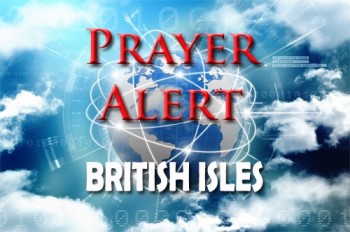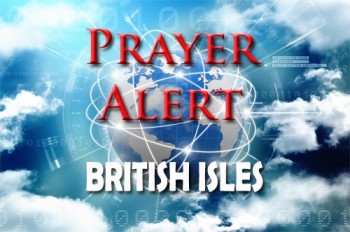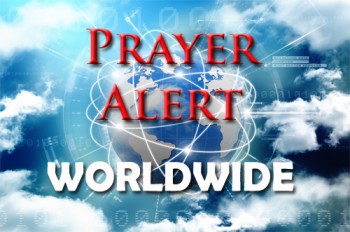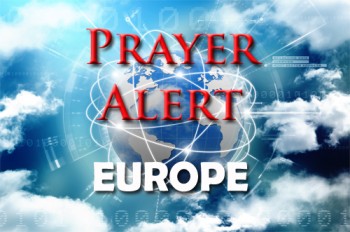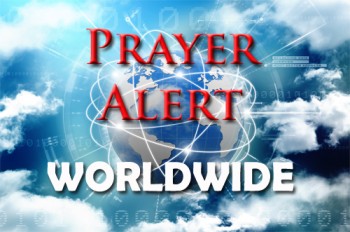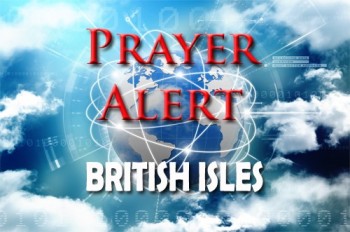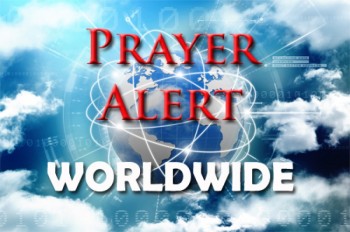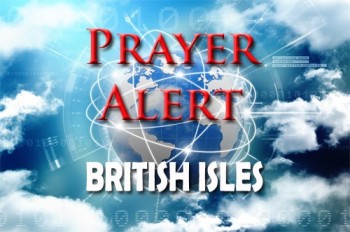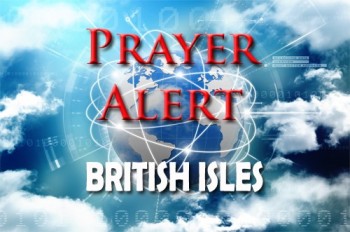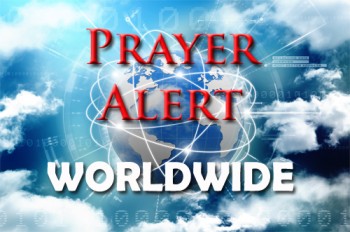Displaying items by tag: Climate change
Climate change: coal mine
The UK government, which hosts a climate summit this year, has allowed a coal mine at Whitehaven to go ahead. The leading climate scientist James Hansen has warned Boris Johnson that he risks ‘humiliation’ over plans for the mine to extract coking coal from under the Irish Sea. Dr Hansen, formerly Nasa's leading global warming researcher, urged the PM to halt production. No 10 said the UK was a world leader on climate change, but would not reverse the local council’s decision on the mine. They have stressed that industries such as steel production require coking coal - which would have to be imported if it were not produced in the UK. The mine will produce a grade of coking coal for steel-making; 85% of it is destined for export to Europe. Government sources hinted that the need for continuing domestic steel production was another reason for not opposing the mine.
Church leaders and 57,000 others urge PM to cut emissions
Because of Brexit, the UK must submit its own national climate plan to the UN climate body. Nineteen church leaders have written to Boris Johnson asking him to set ambitious goals when he submits the country’s first climate plan under the Paris Agreement. This agreement commits countries to keeping temperature rises ‘well below’ 2C above pre-industrial levels, and pursuing efforts to limit them to 1.5C, which is seen as the threshold beyond which the worst impacts of climate change will be felt. The letter to the Prime Minister was signed by the CofE's bishop for the environment, Rt Rev Nicholas Holtam, the Bishop of Salisbury; the Archbishop of Wales; and leaders from the Church of Scotland, the Baptist Union, Methodist Church, URC, and Quakers, as well as 57,000 others who believe the UK could be a true global leader.
Climate change data highlight priorities
About nine million species of animals and plants are exposed to changes in the global climate. Monitoring how climate change affects wildlife and ecosystems has become critical for directing conservation measures where life is most at risk. Today the world's biggest iceberg is bearing down on South Georgia. The Antarctic ice giant, similar in size to the island or to the county of Somerset, is expected to anchor itself offshore of the wildlife haven; posing a grave threat to local penguins and seals. Their normal foraging routes could be blocked, preventing them from feeding their young properly. All creatures living on the seafloor would be crushed where it touches ground. David Attenborough said the world is a unique and spectacular landscape, if we act now we can put it right and save and protect the animals and plants we have endangered throughout centuries of changing the natural world.
Brussels: objections to new farming policy
Thousands of climate activists added their names to a Greta Thunberg campaign asking the European Commission to retract a farming policy which would make it impossible to reach the EU’s climate goals. Greta called on her followers to sign an open letter to EU leaders after the European Parliament endorsed the proposal across the bloc. The letter said that on 23 October they let us down once again, in voting for a dirty deal which betrays commitments to the Paris agreement and to justice and to democracy.
Climate change: better warning systems needed for extreme weather
On 13 October, the International Day for Disaster Risk Reduction, the UN released a report saying the world needs rapidly to raise investment for early warning systems for extreme weather events. Over the past 50 years, recorded disasters have increased five-fold and could increase by 50% over the next decade; one in three people on Earth are not adequately covered by warning systems. The researchers are calling for a change in emphasis, from simply forecasting what the weather will be to showing the impact of that weather system. Pray for good-quality warning systems in the least developed countries and in small island states. The advent of coronavirus has made building early warning systems more difficult. Pray for governments to add climate change threat to pandemic threat as they strategise to save lives and livelihoods, and to focus investment on turning early warning information into early action. See
Climate Week: Prince Charles calls for 'swift' action
The Prince of Wales has warned the climate crisis will ‘dwarf’ the impact of coronavirus. In a recorded message at the virtual opening of Climate Week on 21 September, he said that Covid-19 provided a ‘window of opportunity’ to reset the economy for a more ‘sustainable and inclusive future’ and the pandemic was ‘a wake-up call we cannot ignore’. In his message, he said, ‘Without swift and immediate action, at an unprecedented pace and scale, we will miss the window of opportunity to “reset” for a more sustainable and inclusive future. The environmental crisis has been with us for far too many years - decried, denigrated and denied. It is now rapidly becoming a comprehensive catastrophe that will dwarf the impact of the coronavirus pandemic.’ There is growing concern among citizens globally about climate change, although there are big differences about the level of urgency required to tackle the issue.
Doomsday Glacier is melting from the inside
Antarctica’s ‘Thwaites Glacier’ which is a thousand miles from the nearest research base, has been investigated by scientists from the British Antarctic Survey. The glacier is melting rapidly due to warmer water entering the glacier via huge oceanic channels 600 meters below the surface. This glacier, roughly the size of Great Britain, already accounts for 4 per cent of world sea level rise each year. The accelerating meltdown of the most vulnerable glacier in Antarctica would add over 25 inches to global sea levels - inundating coastal areas and cities such as London and New York.
Christians arrested at Extinction Rebellion protests
Dr Rowan Williams joined with Extinction Rebellion for their 'September Uprising' climate change protests. The march resulted in the arrest of several Christians including Friar Martin Newell. Dr Williams said, ‘People of faith should be here because they can make a difference. We are at a moment of opportunity. People are talking about building back better., not just recovering what’s been lost but building again something that is genuinely more sustainable. Recently we have seen alternatives that might work and I think people of faith ought to be on board with making those alternatives work, taking that moment of opportunity.’ Bishops Olivia Graham and Paul Hendricks also joined the Christian Climate Action group. Dr Willams held a banner declaring ‘CREATION CRIES OUT’, and before his arrest Friar Newell said, ‘The Christian faith is not an easy one; we are constantly called to step outside our comfort zone.’
Police on alert for Bank Holiday protest
Three thousand police will be in London over the bank holiday weekend amid fears of public disorder from Extinction Rebellion (XR) which plans a 'civilly disobedient long weekend'. XR urges its supporters to join a ‘Million People March’ by Black Lives Matter, calling for the defunding of the police. There will be 60 police units of 25 officers, 8 armed response teams and 46 officers with firearms intervention training. Also police will close premises holding unlicensed events and use teams to remove sound systems and barricades. XR is urging local chapters to cause 'high-impact disruption' this weekend before a nationwide 'rebellion' on 1 September. Its website states, ‘Countdown to Rebellion will be creative and nonviolent, and draw attention to the greatest existential threat we face - climate and ecological emergency. People up and down the country will come together in their communities to tell the Government that, frankly, we’ve had enough of them putting us all at risk.’ See
Burkina Faso: climate change forces children into dangerous work
Farming used to be a key source of income in Burkina Faso, but the climate crisis has made the weather unpredictable, crops fail, and families have few other opportunities to earn money to survive. 80% of the population is dependent on agriculture to earn an income. When crops fail, families go hungry, and they are forced to make hard decisions so that they can survive. Parents are now sending their children to work in the gold mines. It is dangerous and no place for a child, nevertheless thousands of children now work there. They work instead of going to school, and miss out on being children, playing with their friends, learning, and dreaming. However, Tearfund’s local partner CREDO is working with farmers to help restore the soil and provide training on new farming techniques and harvesting climate-resistant crops.
